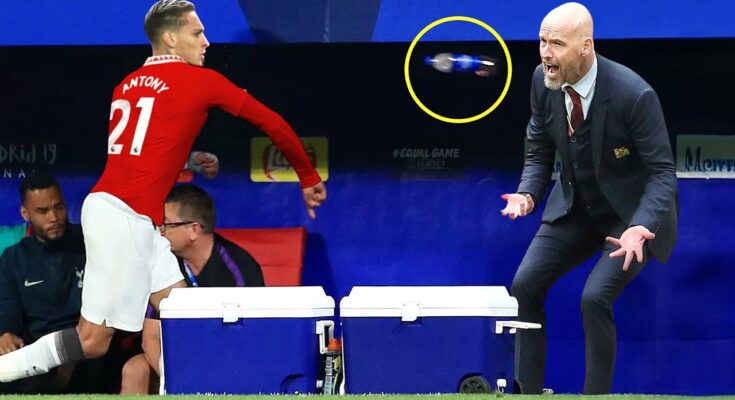When Players Fight Their Own Managers
Introduction
In the world of sports, relationships between players and managers are crucial for success. However, there are times when these relationships break down, leading to conflicts and disagreements. When players fight their own managers, it can have significant repercussions for both the individual and the team as a whole. In this article, we will explore the reasons behind these clashes, the impact they can have, and how they can be resolved.
Why Do Players Fight Their Managers?
There are several reasons why players may find themselves at odds with their managers. One common cause is disagreements over tactics or playing style. Players may feel that the manager’s approach is not conducive to their own strengths or the team’s overall success. In some cases, personal conflicts or misunderstandings can also lead to friction between players and managers. Additionally, issues such as playing time, contract negotiations, and off-field conduct can contribute to disputes.
The Impact of Player-Manager Conflicts
When players and managers are in conflict, the performance of the team can suffer. Tensions within the dressing room can affect morale and team cohesion, leading to poor results on the field. Moreover, public disputes between players and managers can undermine the club’s reputation and create a negative atmosphere among fans. In extreme cases, player-manager conflicts can result in the termination of contracts, suspensions, or even legal action.
Resolving Player-Manager Disputes
To prevent player-manager conflicts from escalating, open communication and mutual respect are essential. Both parties must be willing to listen to each other’s perspectives and work towards a resolution. Mediation by club officials or sports psychologists can also help facilitate discussions and find common ground. It is important for players and managers to remember that their ultimate goal is the success of the team, and to set aside personal differences for the greater good.
Conclusion
In conclusion, when players fight their own managers, it can disrupt the harmony and success of a sports team. By understanding the reasons behind these conflicts and taking steps to resolve them constructively, players and managers can strengthen their relationship and improve team performance. Open communication, respect, and a shared commitment to the team’s goals are key to overcoming disagreements and fostering a positive working environment. Ultimately, successful player-manager relationships are built on trust, collaboration, and a common vision for success on and off the field.



